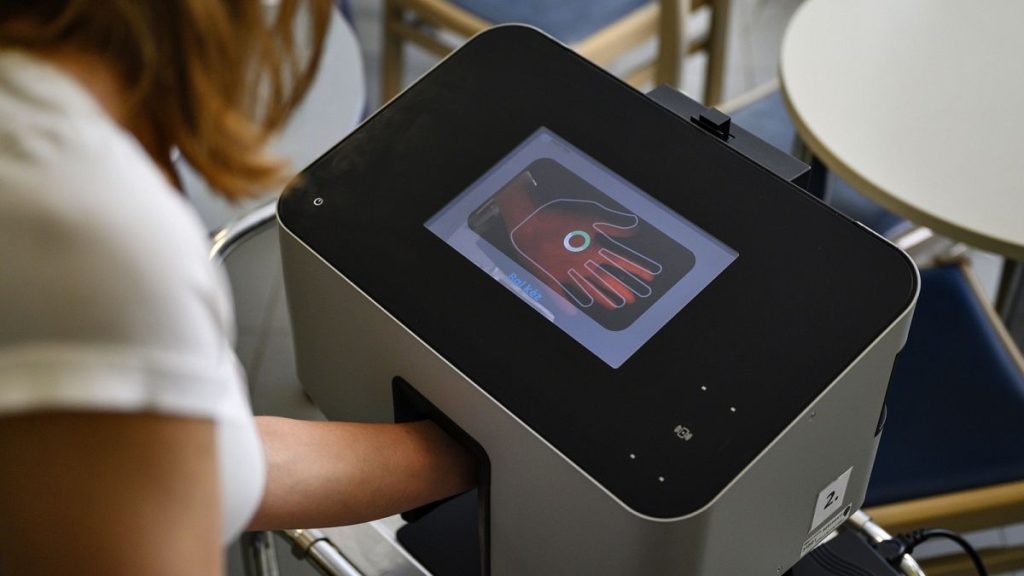The European Commission has launched an investigation into how China favors its domestic companies in tenders for medical devices, accusing Beijing of employing discriminatory practices that make it difficult for European companies to win contracts in China. The probe will focus on slow certification processes, opaque approval systems, and policies that promote China-made products over foreign imports. If the investigation confirms these practices, the EU could impose retaliatory measures on China, potentially limiting Chinese companies’ access to public procurement in the EU market, worth over €2 trillion.
The probe on medical devices is the first of its kind under the International Procurement Instrument, a tool introduced by the EU to combat unfair competition from countries like China. With a heavily centralised economy, China has utilized subsidies, cheap loans, tax breaks, and regulatory requirements to give preferential treatment to domestic companies, leading to friction with Western allies. The EU’s move to investigate Chinese companies in various sectors, including wind turbines, solar panels, and electric vehicles, is part of a broader effort to address the challenges posed by China’s economic practices.
The EU’s medical device industry, including leading exporters such as Germany, the Netherlands, Ireland, France, and Belgium, faces challenges in accessing the Chinese market due to centralised state procurement policies and “buy China” initiatives. The trade association representing Europe’s medical technology industries has highlighted the difficulties European suppliers face in China, impacting the market for medical equipment exports. The probe aims to level the competition between European and Chinese companies in the medical devices sector by addressing unfair practices.
Brussels has emphasized the need to protect the integrity of the single market and prevent the obliteration of domestic companies by holding countries like China accountable for their unfair trade practices. The increase in investigations into Chinese companies suspected of benefitting from state subsidies in various sectors reflects the EU’s commitment to ensuring a level playing field for all businesses operating within its market. While the EU’s actions have been met with support from European capitals, Beijing has criticized them as protectionism, illustrating the challenges in addressing the economic rivalry between the EU and China.
The European Commission’s executive vice-president, Margrethe Vestager, has highlighted China’s role as a partner, economic competitor, and systemic rival, with the last two dimensions increasingly converging. As the EU continues to address unfair competition and trade practices by initiating probes and imposing retaliatory measures, the relationship between the EU and China may become increasingly strained. The EU’s efforts to enforce fair trade practices and protect European businesses from unfair competition reflect a broader strategy to safeguard the economic interests of its member states in the face of global economic challenges.












